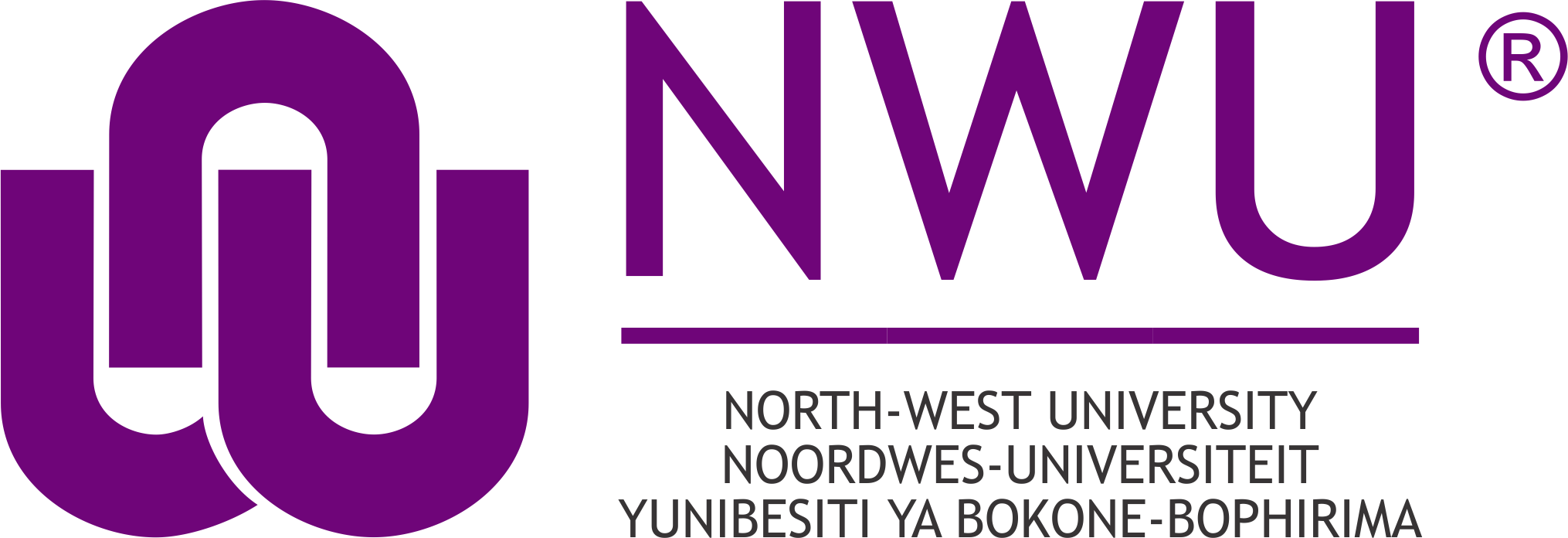Women empower others in Ikageng
Harriet Beecher Stowe, a famous American writer, said: "Women are the true architects of society." If one looks at the kindheartedness and willingness of women in the Potchefstroom community, it brings new hope for this country and its diverse society.
During August, the North-West University will focus on women who make a tangible difference in their communities. One such a woman is Motlalepula Magini - a resident of the Ikageng township. Small groups of people are quickly attracted to this energetic woman. When one meets her, one immediately realises why a day simply has too few hours for her.
It is precisely because of her ability to influence other people fairly easily, that the North-West University has chosen her as one of five women to empower others with knowledge and skills. This forms part of the research activities of the Africa Unit for Transdisciplinary Health Research (AUTHeR) at the NWU. These activities focus specifically on the prevention of illnesses, the sustainability and the promotion of health, and the facilitation of quality health systems - particularly in rural areas.
The NWU, in co-operation with a German company, SunFarming, erected unique greenhouses at the Potchefstroom Campus, where not only vegetables can be grown, but also energy generated by means of the solar panels affixed to the roofs of the greenhouses.
According to Prof LJ Grobler, dean of the Faculty of Engineering, this concept enables them to get double use from the same available surface area. "The quality of life of many communities, especially in rural areas, can be improved significantly. By focusing on the application of technological engineering solutions, we are now taking traditional, small-scale vegetable farming to new heights."
He says according to the modern greenhouse's total yield per year, it is projected that approximately 35% of the revenue comes from the food production and approximately 65% from the electricity being generated. The quantity of energy being generated is obviously much more than what the water pressure pumps of the greenhouse will consume. This creates the opportunity to deliver and sell the remaining energy to the grid. The NWU is planning to erect a similar greenhouse in Ikageng in the near future in order to put this technology on the doorstep of the consumers.
This is where women like Magini will play an important role. She and four other women are currently involved in a training and empowerment programme where the NWU is teaching them certain skills with the view to carry these skills further.
Cauliflower, lettuce, spinach, cabbage, broccoli and onions are grown in three separate greenhouses. The initial plants, fertiliser and compost were donated by the NWU and SunFarming. In these greenhouses, these women are shown the ropes regarding various practices such as cultivation methods, insect control, nutritional values of the different crops, root systems and harvesting techniques. "We have to come to the greenhouses weekly to tend to our vegetables. We are applying the expertise that we gained at the NWU so that we can eventually establish a sustainable project that will benefit us and others."
As soon as the vegetables are ready to be harvested, the NWU helps to sell them to local supermarkets. Magini and her team can then use this income to compensate themselves, buy new plants, fertiliser and compost to restart the process. "It is a sustainable solution that not only creates jobs for us, but also offers the opportunity to empower others with the wholesomeness from the earth. It enables us to be less dependent on others," says Magini.
She says they have a responsibility to transfer the knowledge they are gaining to their children and neighbouring residents. "I can already see the excitement about our project. We will soon be taking plants home where we will all start our own vegetable gardens. The plan is to expand this initiative further and to soon empower as many as 50 women weekly with knowledge and skills."
The North-West University's food and energy project is the first of its kind in Africa and we are already talking to five other universities on the continent to expand this initiative to them. The NWU then wants to be the heart of expertise with regard to research, training and support for these universities.
